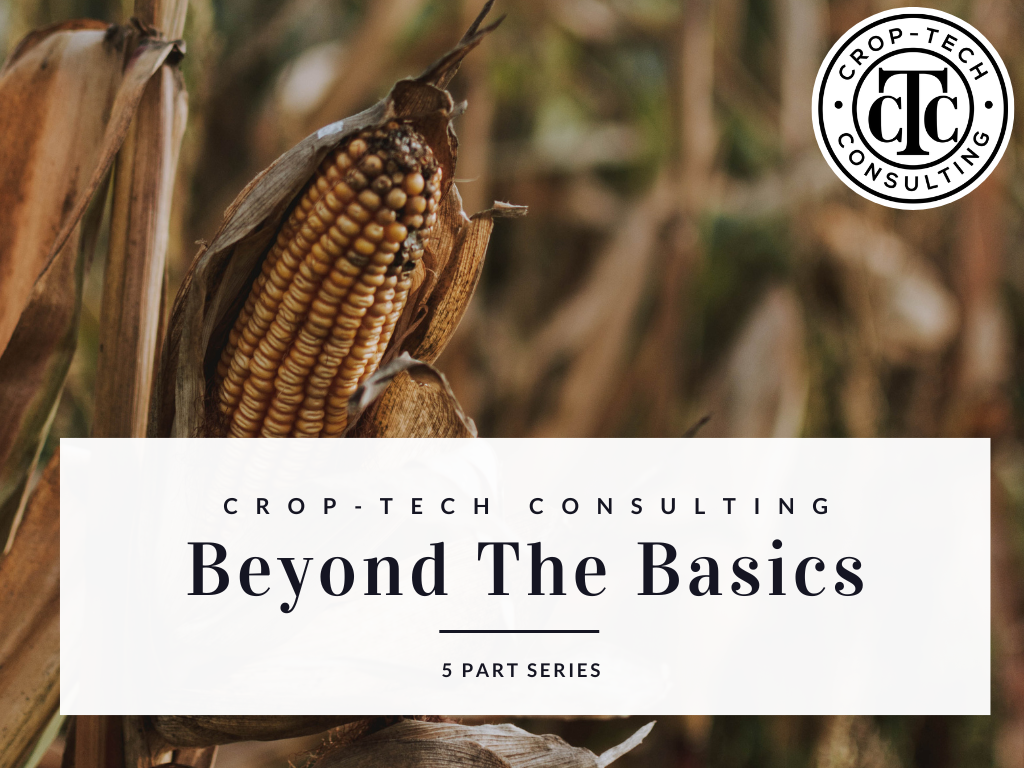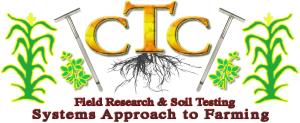

5-part series on the 4R systems approach to soil tests, fertility, and nutrient management.
This series is designed to be the same content each year. Unlike our Corn College events that have new content each year, this is a foundational class that remains the same from year to year. It was created to be a tool to help teach foundational aspects of agronomy to new growers or new additions to a farming operation, a resource for landowners, farm managers, and landlords who want to understand what the soil test can tell them, and a resource for veteran growers that want to brush up on a particular topic.
This 5-part series strives to explain:
- How to read your soil tests and what the values on the paper mean for the crop growing in your field.
- Explain how we go about making fertilizer recommendations and the school of thought it is based on.
- What the role of some of the main nutrients are in the plant, and what happens if you have too much or not enough of it in solution.
- What a comprehensive nitrogen plan looks like.
The videos will be on a metered release from 12/3 through 12/17 and the material will stay up and viewable for two weeks after purchase. You can submit your questions via the webpage or email them in as you view the material, and we will do a Q and A session at the end with questions we have received.
Beyond The Basics
5-part Series
Date
December 3 – December 17
Price
Free
(CTC Customers)
$250.00
(Non-CTC Customers)
Agenda
Location
Virtual
Contact Us
Phone
646-801-0591
